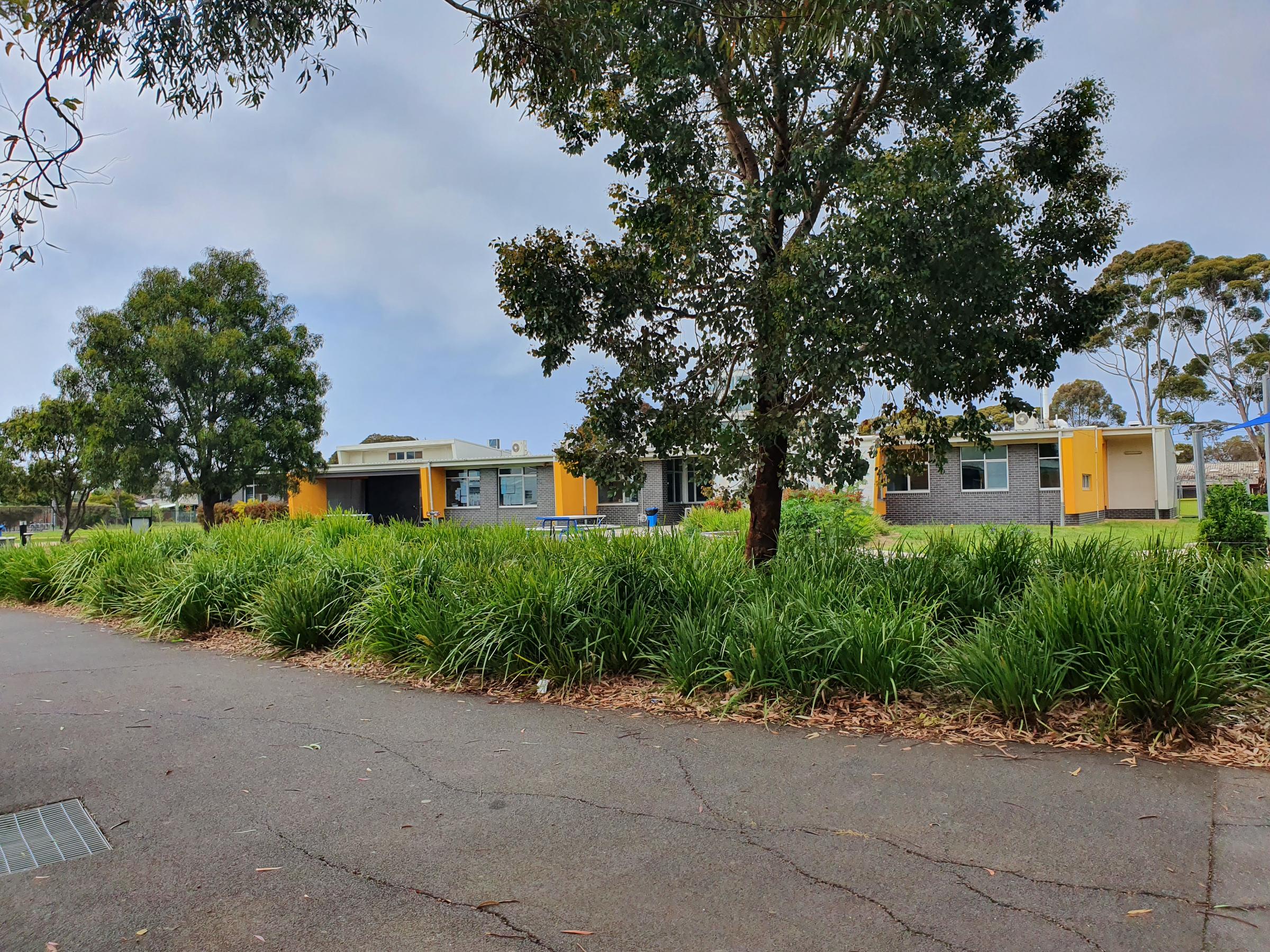Principal's Reflection

Dear families,
Welcome back to term 3 and thank you for your engagement at our recent Parent/Teacher/Student conferences. It was great to hear feedback from staff about the insights they gained and how they can be acted on to improve outcomes for our students. For any families who could not secure bookings or attend on the evening, please see Compass to reach out teaching staff for follow up. In doing so, please also be mindful as always that teachers spend most of their day in classrooms and therefore cannot always respond on the same day. If you ever you feel that the delay is too great (usually beyond 2 school days), a polite reminder should never do any harm before escalating your concern if required. While I am also not immune to the black holes that sometimes form in our email inboxes, I will always do my best to either respond directly to your concerns, or in many cases, refer them directly to the most appropriate member of our team to support you.
Next week marks the commencement of Bullying No Way Week, with this year’s theme being ‘Be Bold, Be Kind, Speak Up’. This could not come at a more important time, although with media attention drawn to recent violence in our community, I can appreciate that many families would question whether Being Bold and Speaking up are safe strategies to adopt. After many years working with young people across the western suburbs I have seen the best and worst of adolescent behaviour in our communities. In almost all cases, there is always a heightened concern around safety at school in the aftermath of a significant event, yet it has been my experience that schools are often the place students are least likely to exhibit their most antisocial behaviours. The recent media coverage in the northern, western and southeastern suburbs all reference events which take place in holidays, on weekends, after hours and in almost all cases, seem to involve young people without an orderly, purposeful activity to engage in. The clear purpose and predictable routines of school are a significant factor in protecting against these sorts of behaviours and the same applies when our young people spend their recreation time in pro-social activities such as organised sport, arts and cultural pursuits, family celebrations and events and the like. When not engaged in organised activities, it is helpful to consider boundaries that provide structure and predictability, such as strict pickup and drop off times, curfews, check in calls and strong communication between parents and carers. Our young people will always push boundaries and react to our efforts to care for them, but the reaction is often far worse when we cease to do so.
As far as being bold, being kind and speaking up, my perspective is that being kind is always our best option when out and about in the community. Here at school however, there are strong supports in place to encourage our students to be bold in supporting each other and to speak up when action is required. Whether they be in Prep or Year 12, our students need to engage in conflict to learn effective emotional regulation and social skills. They do not need to be protected from it at all costs and at every opportunity we should encourage our children to express their emotions as respectfully as they can for their age, while also encouraging them to reflect on the outcome of those expressions. Trying, failing and improving is what learning is all about. With this said, it must also be clear that aggression, violent, threatening or derogatory conduct is never helpful and so we should always speak up if we experience or witness it. In some cases, education and support can lead to growth (we have all enjoyed those weeks where it seems our children have turned a corner, only to be hit by the next wave of emotional conflict). In other cases, learning is slower, and the repetition of antisocial behaviours can then be considered bullying – at which point more support (but not always intervention) is required. There are broad range of strategies that can be implemented to address bullying, and no single strategy is a perfect fit for all problems. As a P-12 community we are blessed to have access to the broadest range of leadership, resources, skills and talents among our staff, student and parent community. I therefore encourage all families who are concerned about safety, bullying, conflict or any other behaviour of concern to start with being kind, add the ability to speak up (without forgetting the be kind part) and then collaborate with friends, colleagues and staff to develop a measured and strategic approach to being bold. Boldness without kindness and a well thought out plan might just end up being the source of the problem after all.
By the close of the 2025 school year, there will have been around 200 school days (around 55% of the year) during which students will spend around 6 out of every 24 hours with us (25%). That means that our 800 students will have spent around 13% of their time inside our gates in our classrooms and activities – with 100% commitment and good standing in that time. Together with our staff, they produce so much to be proud of and I hope the pages that follow reflect that, rather than shortcomings and anxieties grounded in the other 87% of life that is beyond the reach of Altona College. We cannot deny our part in shaping students' lives, but we should remain balanced in our expectations and priorities for school life.
I wish everyone a wonderful term 3 and look forward to celebrating more success over the coming weeks.
Nathan Guthridge
Principal
